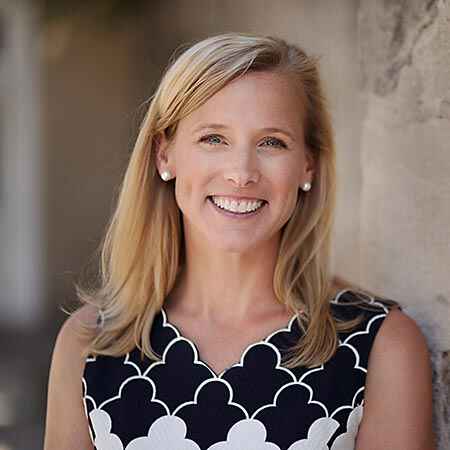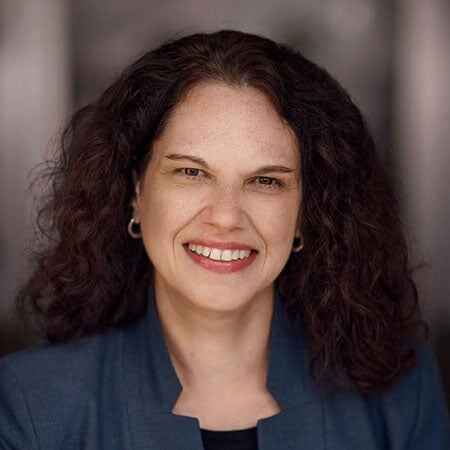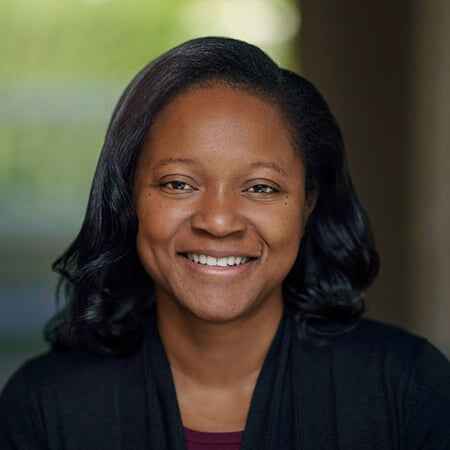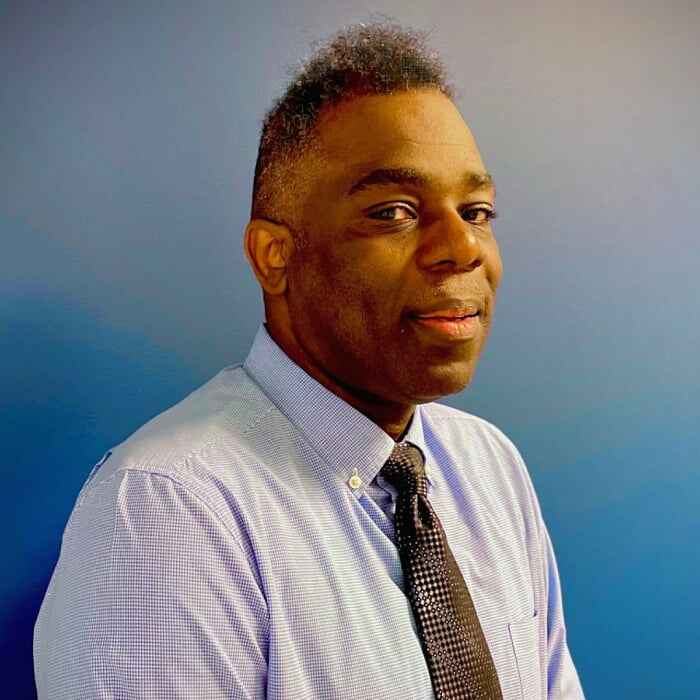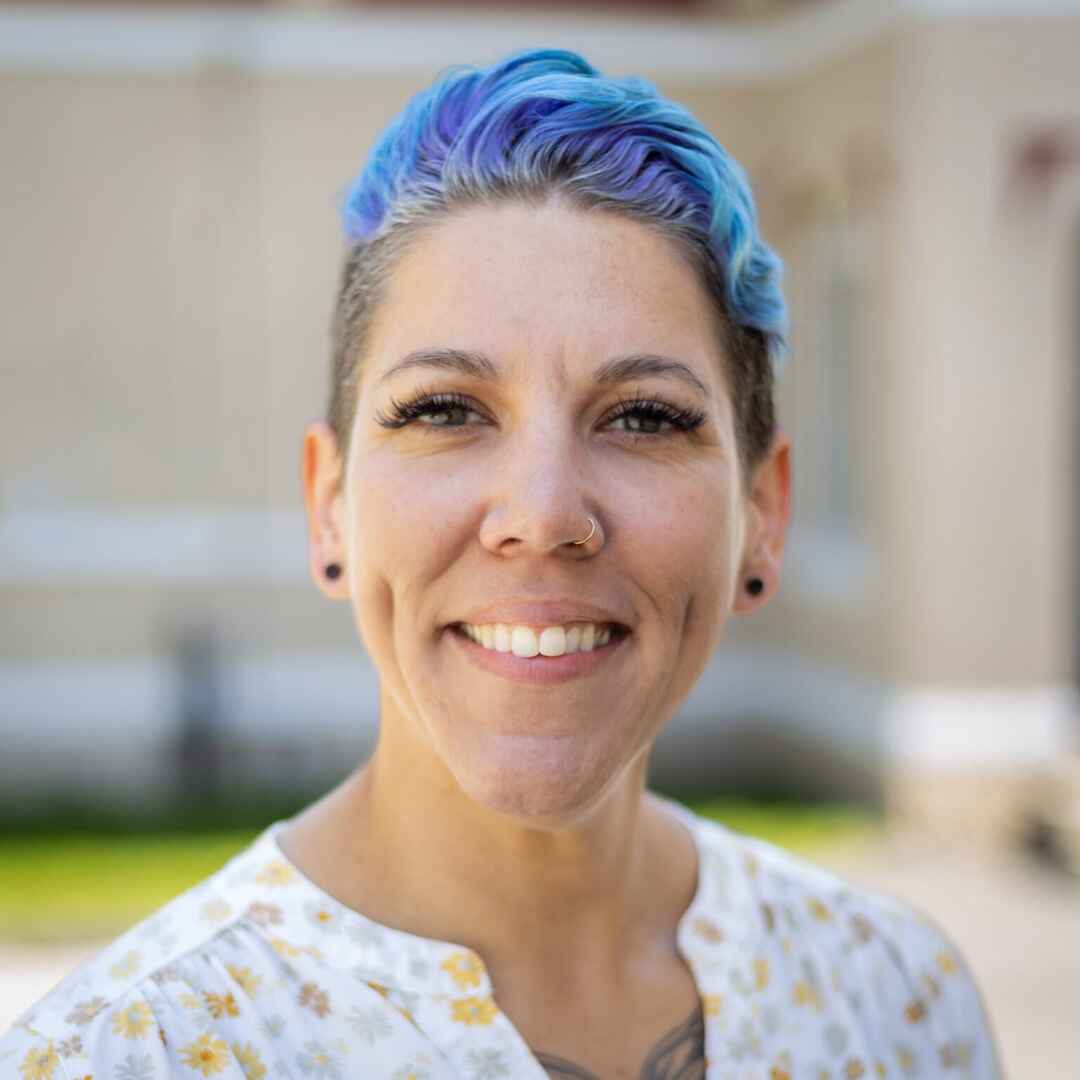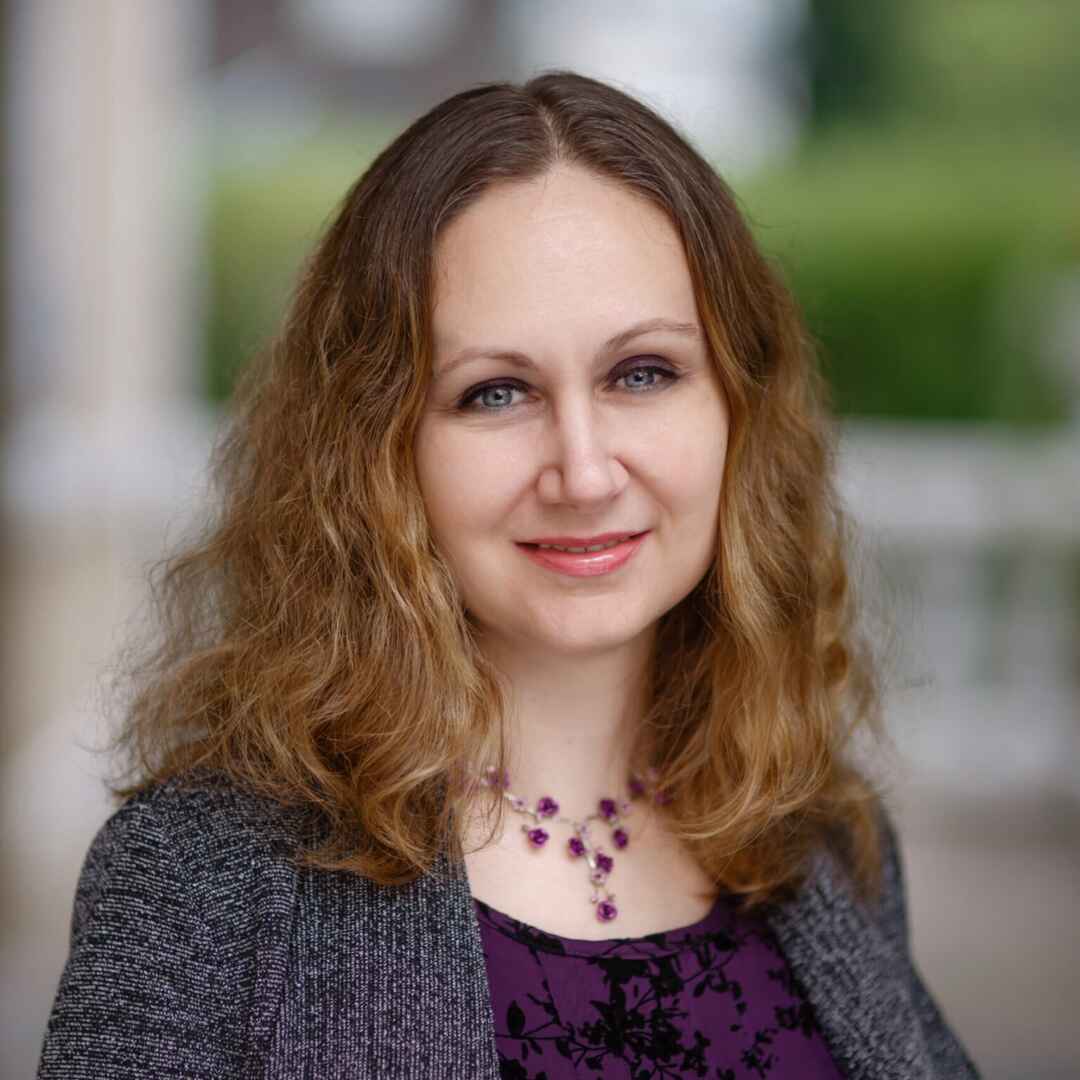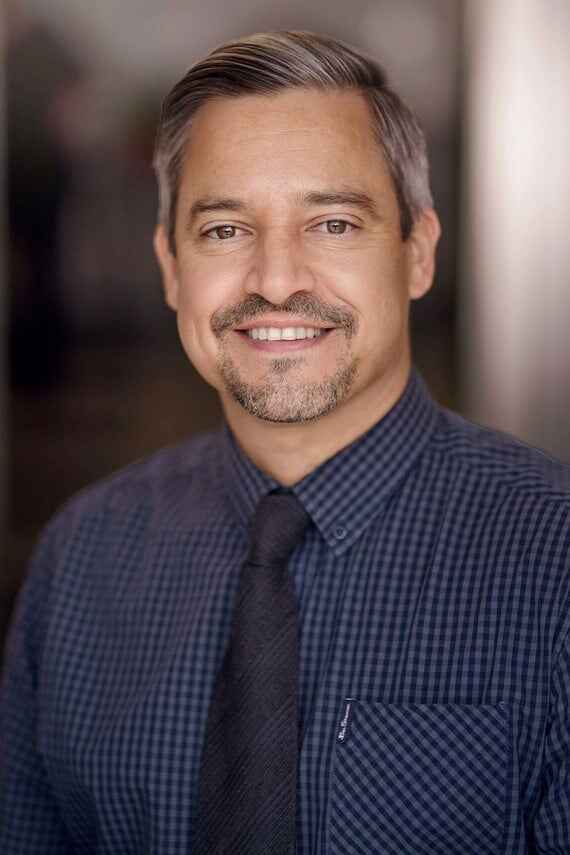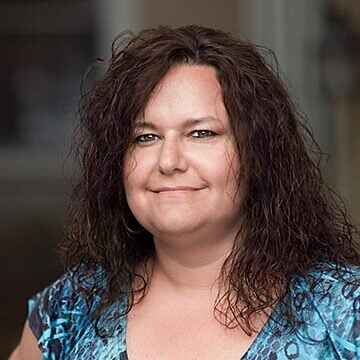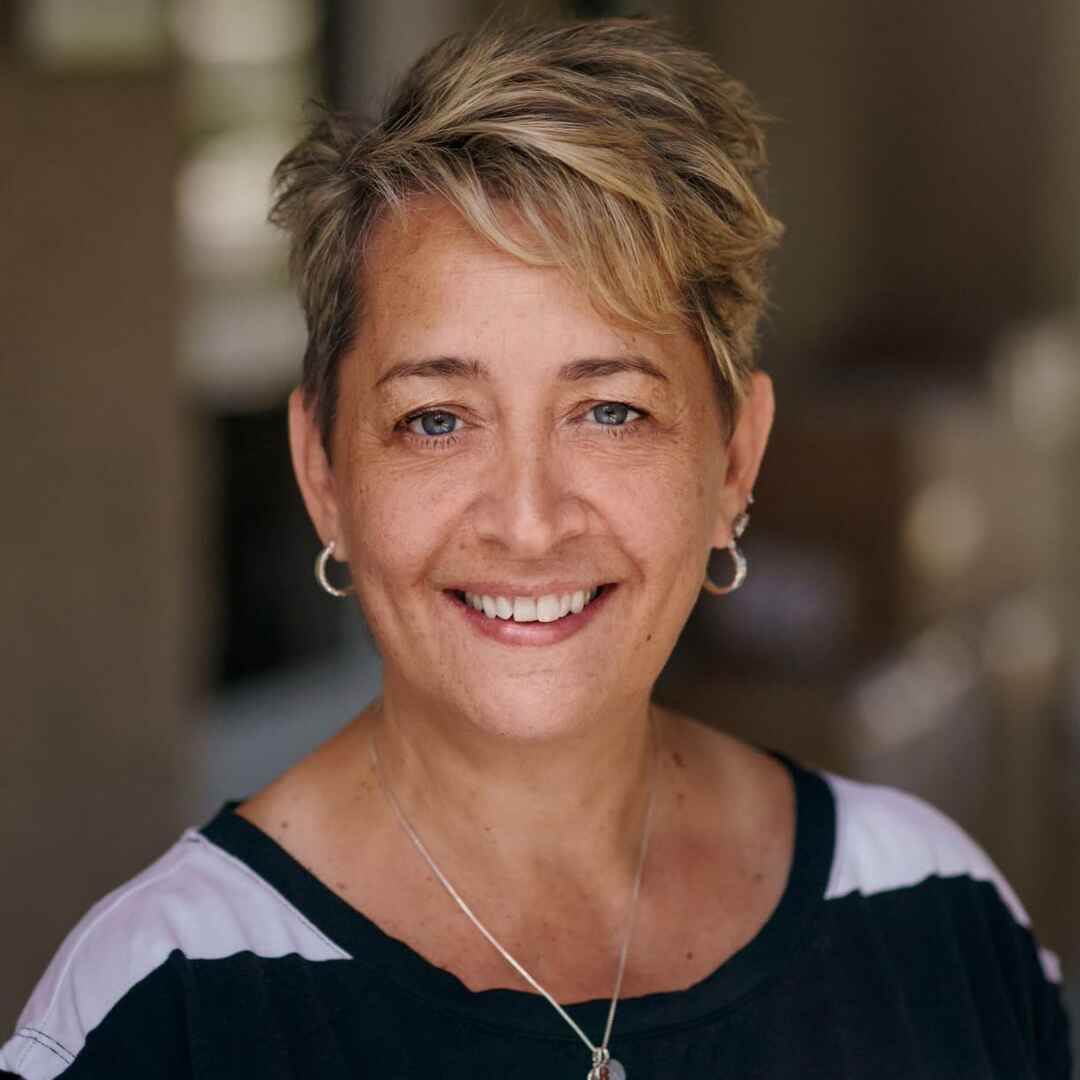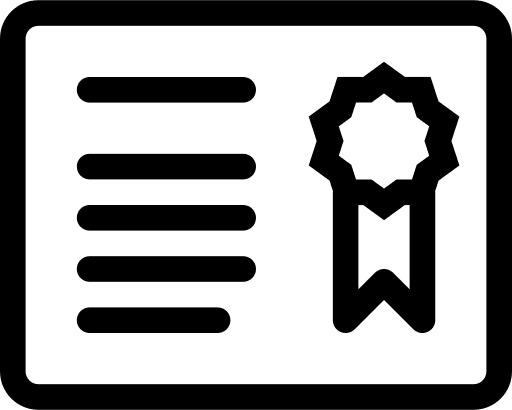About McCall Behavioral Health — Dempsey Center – Waterbury
The Dempsey Center is a residential treatment facility that’s part of the McCall Behavioural Health Network’s (BHN) family of inpatient facilities. Located in Waterbury, Connecticut, this Watertown Avenue facility has a history of community service under Central Naugatuck Valley (CNV) Help Inc. Now operated by the non-profit McCall Network, they can offer their services at low costs thanks to donations, state and federal funding, and their openness to people using Medicaid to pay.
The Dempsey Center is one of McCall BHN’s intermediate residential facilities and caters to men aged 18 and older. Each resident’s needs are carefully assessed, resulting in everyone experiencing a program tailored to help them through all stages of recovery. They’re equipped to help with all types of substance addictions, including alcohol, opioids, and prescription drugs.
At the beginning of their journeys, residents have access to medication assisted treatment (MAT), psychiatric evaluations, and therapy to help them both detox and adjust to living in the community. Their program includes visitation sessions for family and friends, individual and group therapy, anger management, medication management, the biology of addiction education, and a host of other features.
These features help build a solid, holistic foundation for long term recovery and are designed to make life at the center easier. They also have employment education to help residents plan for life beyond the Dempsey Center.
One unique part of the Dempsey Center’s program is that they offer adventure based counseling. These types of sessions are where the counselor and members of the group will take a session during a hike or some other adventurous activity. This is a marvelous way to discuss challenges and find solutions in a different environment, find new perspectives, and break up the routine of indoor group sessions.
McCall also imbues their men’s counseling with trauma informed principles. At the Dempsey Center, the staff are equipped with techniques designed to help men deal with any trauma they may have faced. This can help address situations where substance use is connected to traumatic experiences.

